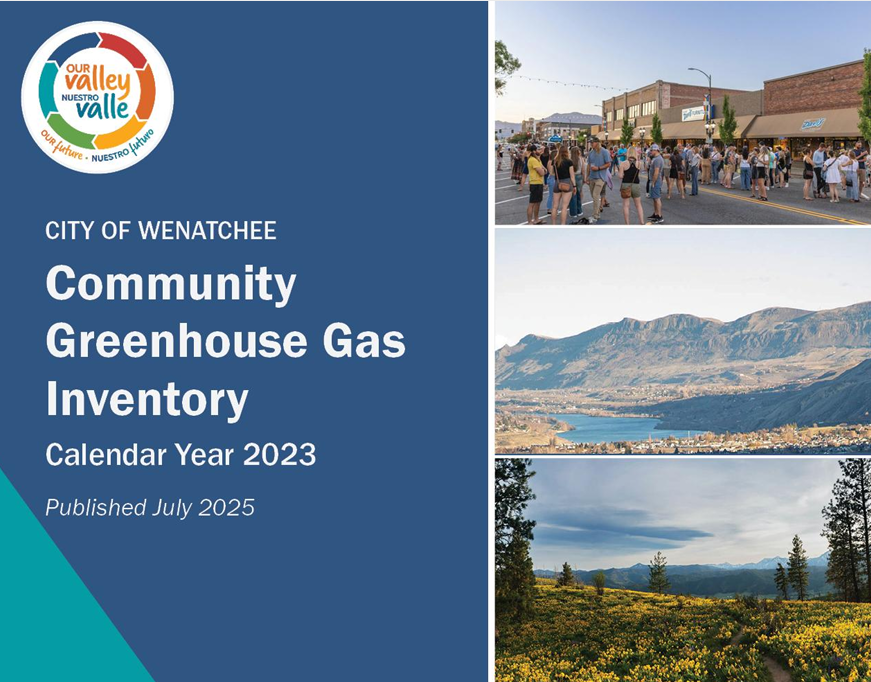Black Lives Matter
- marlene0303
- Mar 12, 2022
- 2 min read
By Joan Qazi, board member
While most people think about the environment when it comes to sustainability, the actual definition of sustainability seeks a balance between environment, economy, and society. In other words, we can’t preserve environmental benefits for one group of people if that requires the exploitation of another population. Social justice is an essential aspect of sustainability.
At Sustainable Wenatchee, we want to recognize the impact of white privilege and systemic racism throughout society in our efforts to help build more sustainable communities. Political racism and environmental racism are intertwined in decisions to locate toxic waste, oil pipelines, and coal power plants in the neighborhoods of people of color who have less power to stop them.
The statistics on environmental racism are shocking. Research shows that it pervades all aspects of black lives: environmentally unsound housing, schools with asbestos problems, water systems tainted with lead. Native and indigenous peoples are also plagued by environmental racism. The Commission for Racial Justice found that about 50% of American Indians live in communities with uncontrolled hazardous waste sites. Like the open-pit decommissioned mine located on the Spokane Indian Reservation which after 50 years of radiation exposure carries an EPA warning that tribal members should avoid fishing, hunting and berry picking around the area. Is this sustainable? No—it degrades the ecosystems, diminishes economic opportunity, and disrupts culture as a social injustice.
So, we need to work together through resistance, protest, collaboration, public hearings, and education to stand up for sustainability and stand against racism, in all its forms. As racial justice advocate Heather McGhee advises, “we’ve got to divest from systems that are killing us and costing us and invest in people and our planet.” Sustainable Wenatchee would like to be a partner and resource for these efforts as we promote a culture of environmental stewardship and social sustainability in the Wenatchee Valley.





Comments